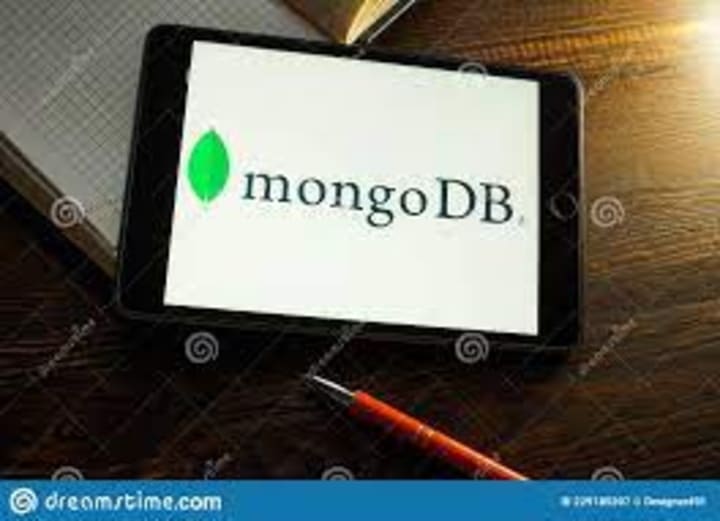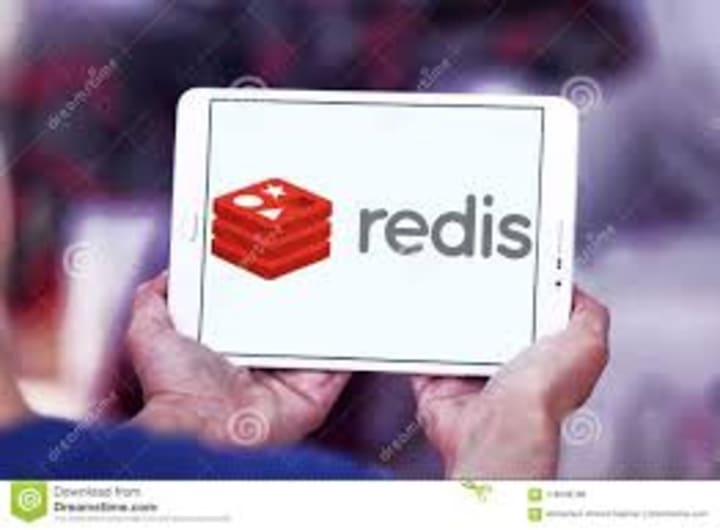In the world of technology, databases are a fundamental component of any application that involves data storage and retrieval. A database is a structured collection of data that is organized in a way that facilitates efficient retrieval and manipulation of data. There are numerous types of databases available today, each with its own set of features and capabilities. In this article, we will explore the top 10 databases in use today.
01. Oracle Database

Oracle Database is a popular relational database management system that has been in use since the 1980s. It is known for its scalability, reliability, and robust features that are suited for large enterprise applications. Oracle has a strong following in the business world, and its extensive feature set makes it ideal for mission-critical applications.
02. MySQL

MySQL is an open-source relational database management system that is widely used in web applications. It is easy to use, scalable, and reliable, making it a popular choice for many startups and small businesses. MySQL is known for its speed and performance, which makes it an ideal choice for applications that require high-speed data retrieval.
03. PostgreSQL

PostgreS is an open-source object-relational database management system that is known for its scalability, reliability, and performance. It is an ideal choice for large-scale applications that require high-level features such as support for spatial data, advanced indexing, and full-text search.
04. MongoDB

MongoDB is a popular NoSQL database that is known for its flexibility, scalability, and performance. It is designed to handle unstructured data, making it an ideal choice for applications that require the ability to handle large amounts of unstructured data.
05. Microsoft SQL Server

Microsoft SQL Server is a relational database management system that is widely used in enterprise applications. It is known for its scalability, reliability, and support for a wide range of data types. It is also tightly integrated with other Microsoft technologies, making it an ideal choice for organizations that use Microsoft products.
06. IBM DB2

IBM DB2 is a relational database management system that is known for its scalability, reliability, and support for large-scale enterprise applications. It is an ideal choice for organizations that require a high level of security, as it is designed to protect sensitive data from unauthorized access.
07. Cassandra

Cassandra is a popular NoSQL database that is known for its scalability, fault-tolerance, and performance. It is designed to handle large amounts of data across multiple servers, making it an ideal choice for applications that require the ability to scale horizontally.
08. Redis

Redis is an open-source in-memory database that is known for its speed, scalability, and performance. It is an ideal choice for applications that require fast data access and processing, such as real-time applications and caching.
09. SQLite

SQLite is a popular embedded database that is known for its small size and ease of use. It is designed to be embedded into applications, making it an ideal choice for mobile and desktop applications that require local data storage.
10. Neo4j

Neo4j is a popular graph database that is designed to store and retrieve complex relationships between data. It is ideal for applications that require the ability to visualize complex relationships between data points, such as social networks and recommendation engines.
In conclusion, the choice of a database depends on the specific needs of the application, the scale of data, and the budget available. Each database has its own strengths and weaknesses, and it is important to evaluate them carefully before making a decision. The above 10 databases are among the most widely used and offer a range of features that make them suitable for various applications.
About the Creator
ANEESHA RIZWAN
Iam writting article





Comments
There are no comments for this story
Be the first to respond and start the conversation.